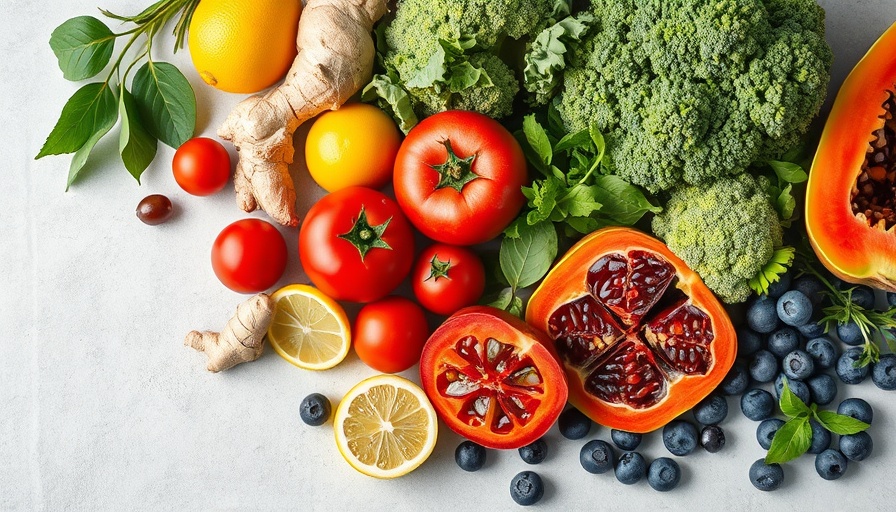
Why Flavonoid Diversity Matters More Than Quantity
Many health enthusiasts focus on the quantity of nutrients in their diets, but new research is shedding light on the significance of flavonoid diversity in achieving optimal health outcomes. Flavonoids, found abundantly in fruits, vegetables, teas, and chocolate, have long been associated with various health benefits. However, this recent insight suggests that variety, rather than sheer volume, may be crucial for maximizing these benefits.
The Science Behind Flavonoid Diversity
Researchers are increasingly recognizing that the different types of flavonoids interact uniquely within our bodies, potentially leading to different health outcomes. For example, a study highlights that individuals consuming a wide array of flavonoids experience better cardiovascular health and lower inflammation levels compared to those who may focus solely on higher quantities of a few types. The interplay between these diverse compounds could be the key to unlocking their full health potential.
A Thought-Provoking Example: Berries vs. Bananas
Consider this illustration: while bananas are often praised for their potassium content, they lack the flavonoid diversity that blueberries, blackberries, and strawberries provide. Berries, rich in various flavonoids, have shown beneficial effects on heart health, cognitive function, and even weight management. This analogy effectively captures why merely adding more bananas to your diet won't have the same health impact as incorporating a colorful mix of berries.
Boosting Your Flavonoid Intake: Practical Tips
To enhance your diet with a variety of flavonoids, consider these simple yet effective strategies:
- Explore Colorful Foods: Incorporate a rainbow of fruits and vegetables into your meals—from dark leafy greens to vibrant citrus fruits.
- Experiment with Teas: Sipping on different herbal teas and green teas can introduce you to multiple flavonoids.
- Herbs and Spices: Adding herbs like mint and spices like turmeric can boost flavonoid diversity in your dishes.
Understanding the Future of Nutrition
As more studies emerge, a clear picture is forming around the relationship between diet and health. Flavonoid diversity not only supports heart health but also appears to have implications for mental health and longevity. While many people may initially think about the macronutrients—those essential fats, proteins, and carbohydrates—this new perspective encourages a holistic examination of our dietary habits.
Counterarguments: The Balance of Quantity and Quality
While the evidence strongly advocates for diversity, it’s essential to consider the balance between quantity and quality. Consuming sufficient flavonoids should still be a priority, especially for individuals involved in high-performance sports or intense fitness regimens. Therefore, rather than viewing this as an either-or scenario, consider it a harmonious blend where both diversity and quantity play vital roles.
Why This Matters for the Modern Man
For men aged 35-55, especially those leading busy, active lives, understanding the relationship between diet and overall health is crucial. With increased awareness around heart health risks and chronic conditions prevalent in this demographic, prioritizing a strategy that hinges on flavonoid diversity could pave the way for longer, healthier lives. Incorporating various flavonoids not only enhances physical health but also supports mental clarity—vital for managing professional and personal responsibilities.
Your Path to Better Health Starts Now
In summary, broadening your dietary scope to include diverse flavonoids is a straightforward strategy that can yield significant health benefits. For the modern professional or athlete, this means not just focusing on the quantity of nutrients but also enriching overall wellness through a colorful, diverse plate. Embrace this knowledge and explore the world of flavors that can boost your health outcomes.
 Add Row
Add Row  Add
Add 




Write A Comment